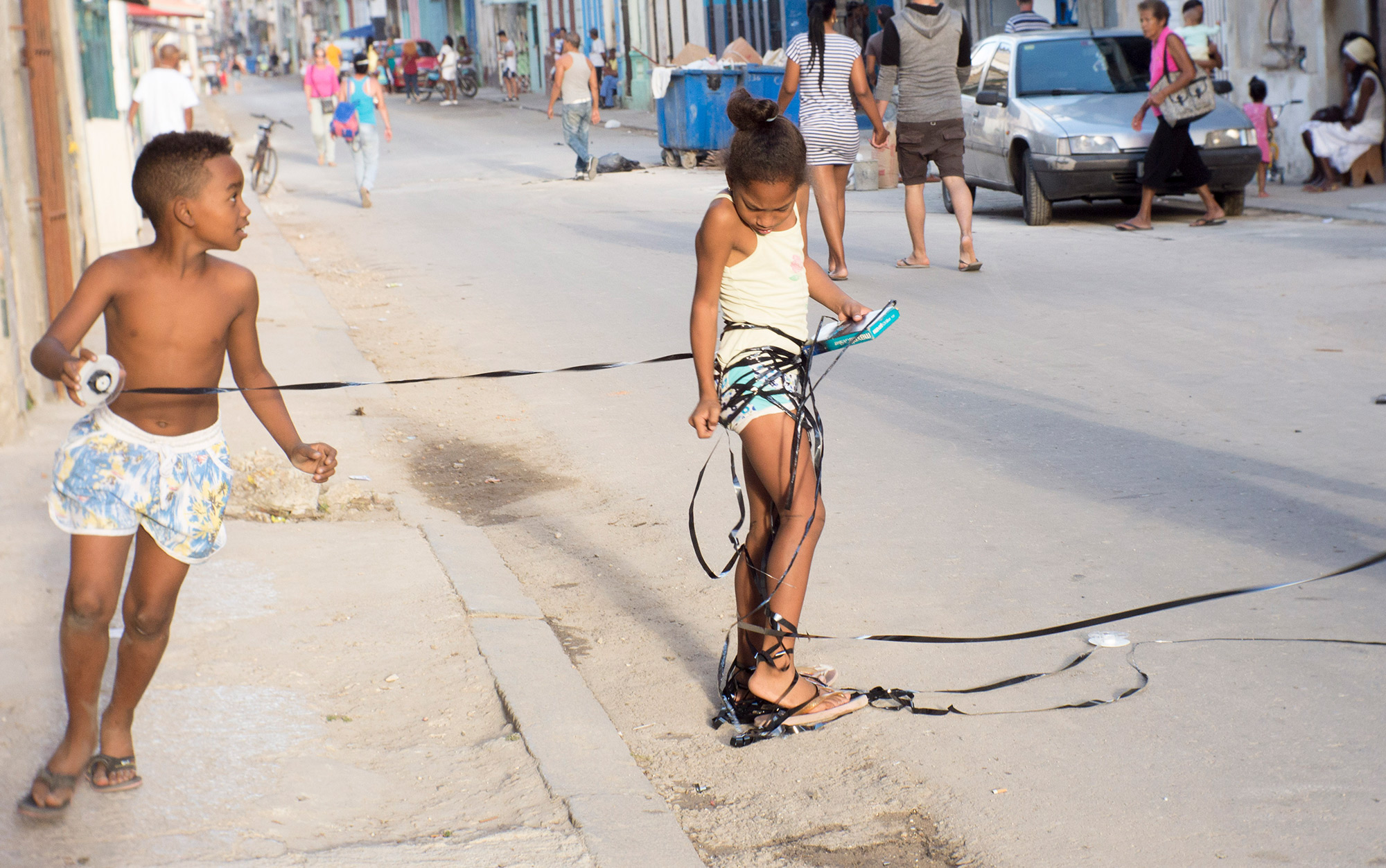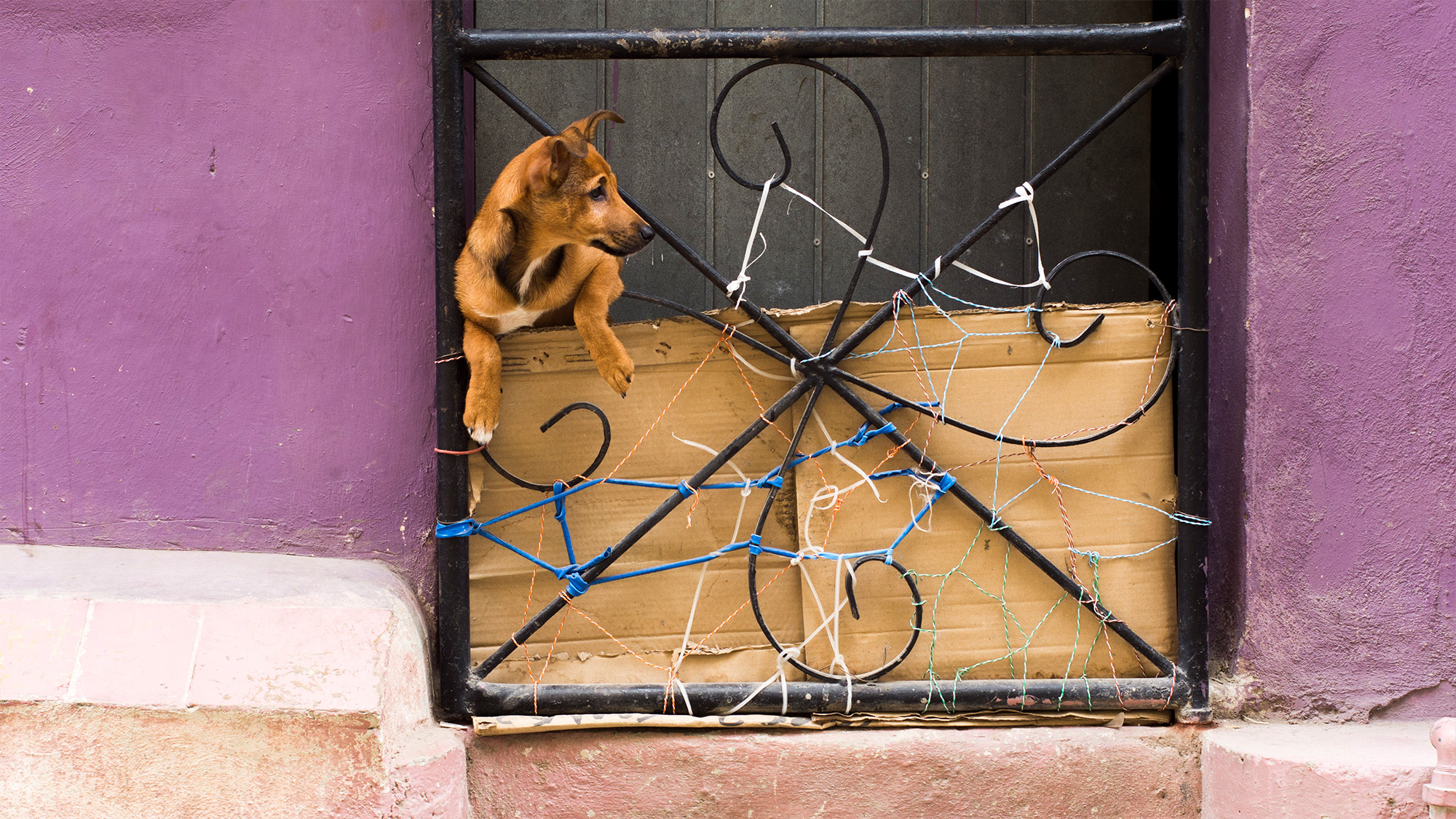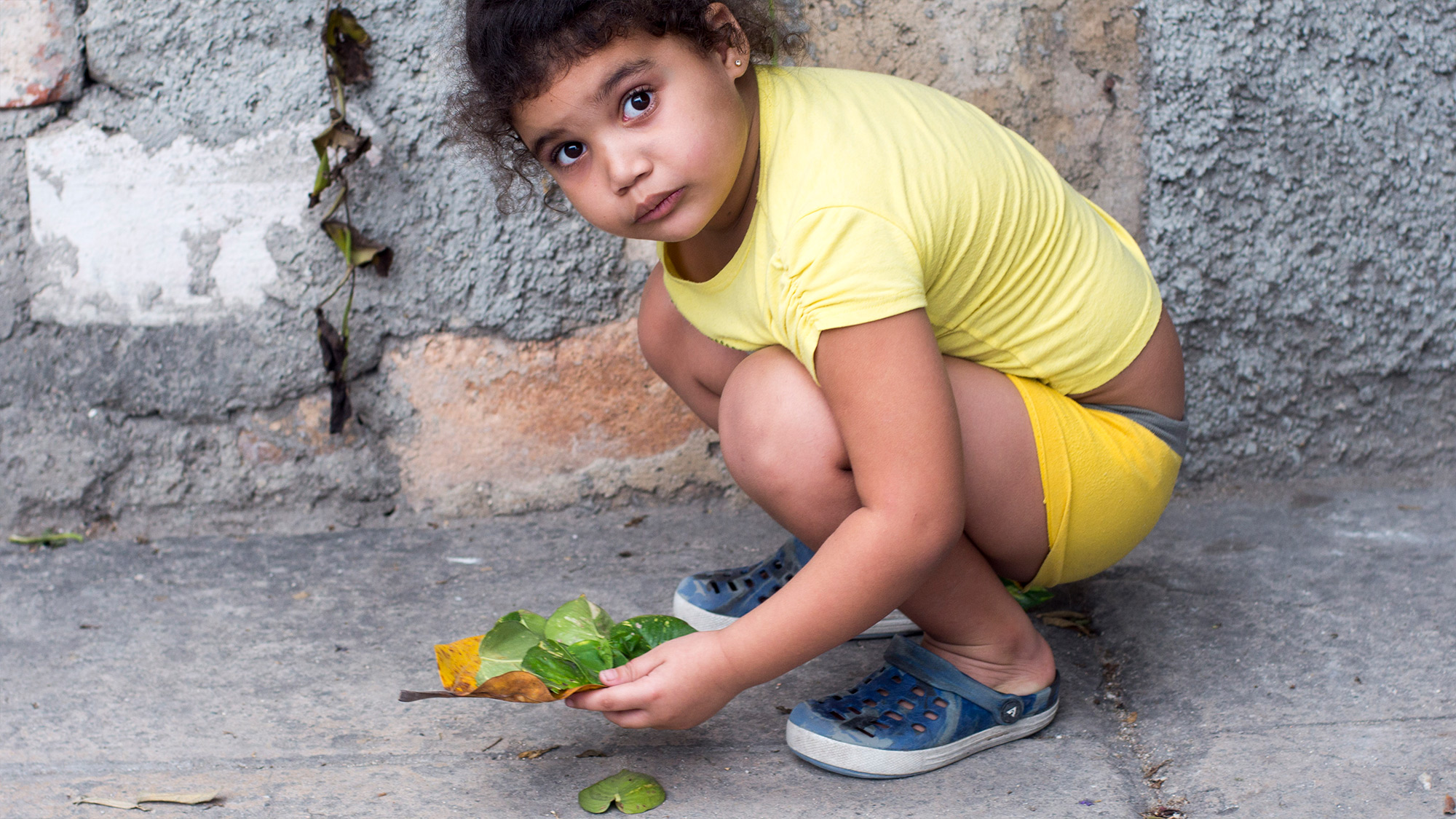Most tourists choose to see only the facade of Cuba, with its manicured, primed, groomed beachfronts. It is easy to be blinded by Cuba’s many charms. World-class music, late night dancing, hidden speakeasies, and Afro-Cuban spirituality.
Only the occasional menu shortage tips them off to the reality.
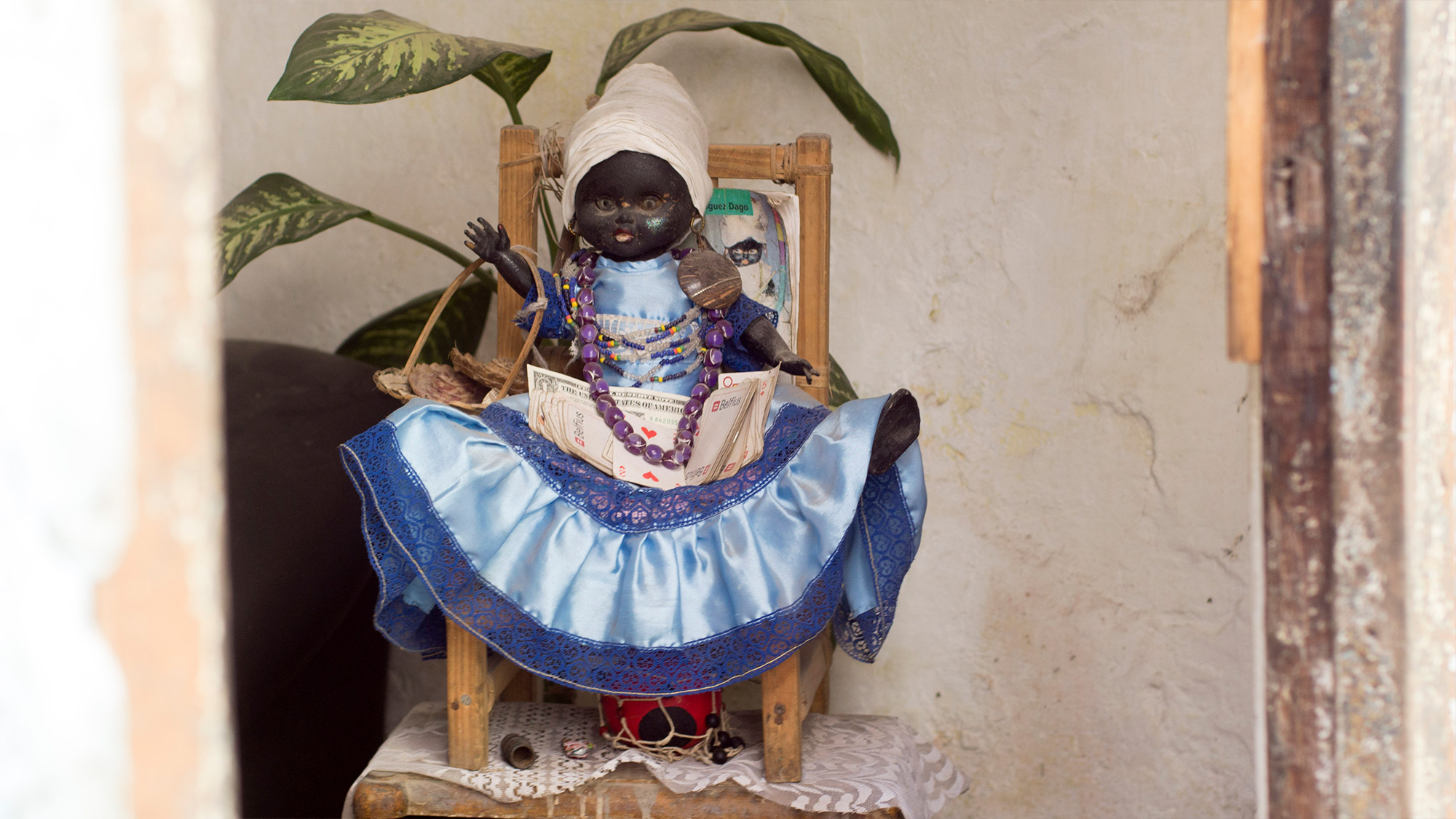
But spend enough time wandering the side streets off the tourist strip, and a vastly different story emerges quickly: one of a tourist economy and a local economy, suppressing the people; one of a well-educated public with nowhere to go but stagnant; one of questionable embargoes where the rich seem to suffer not at all.
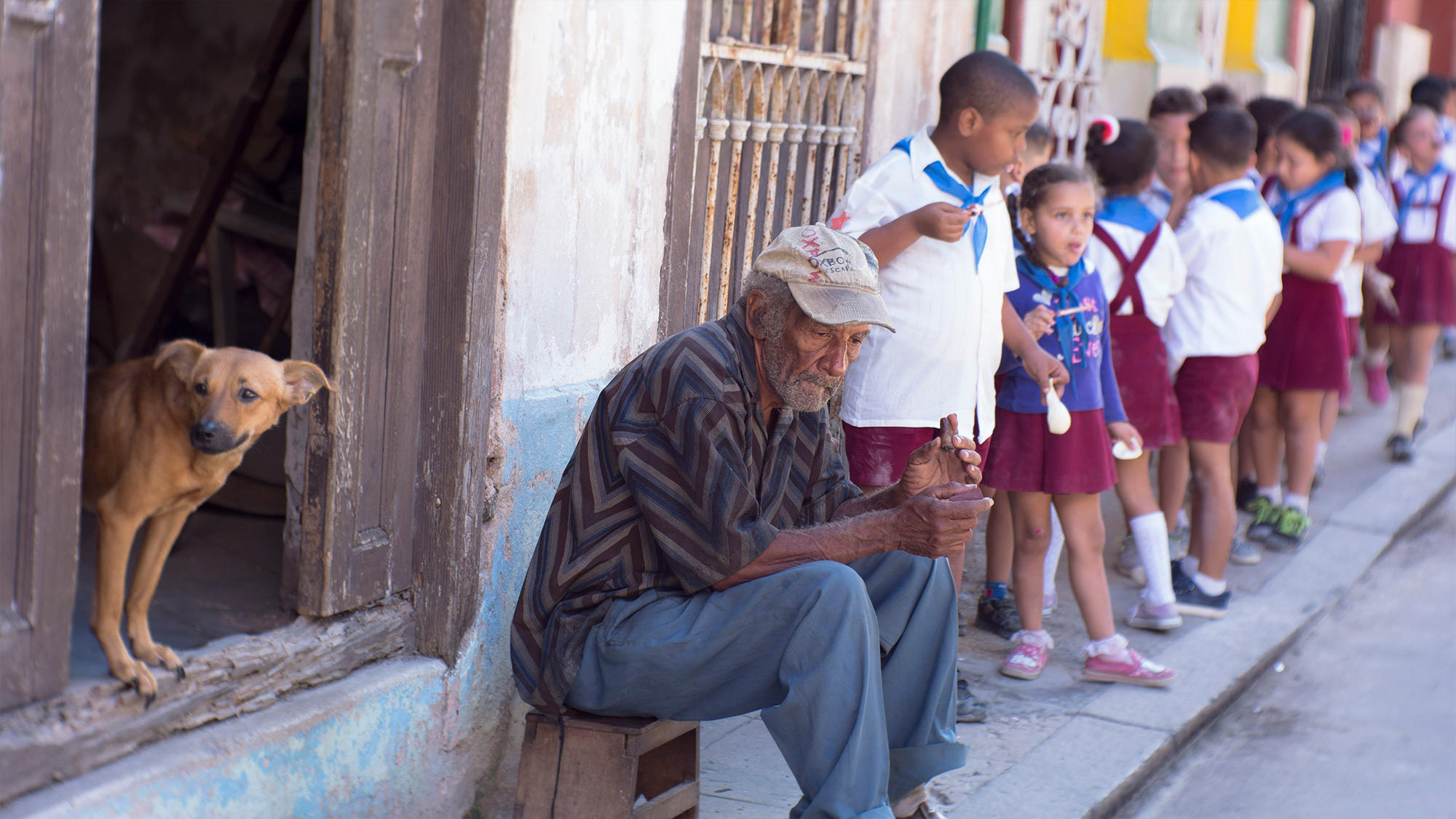
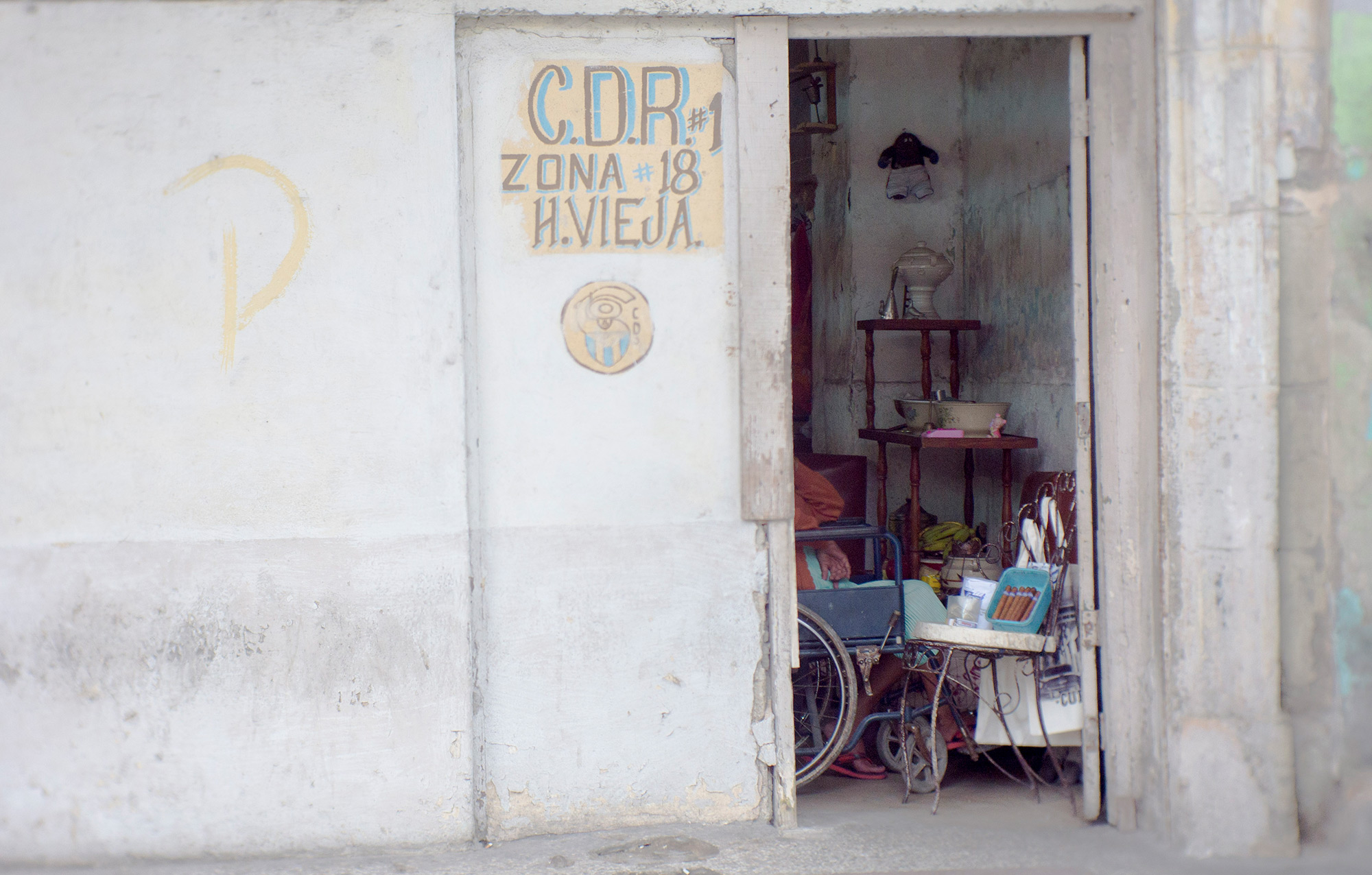
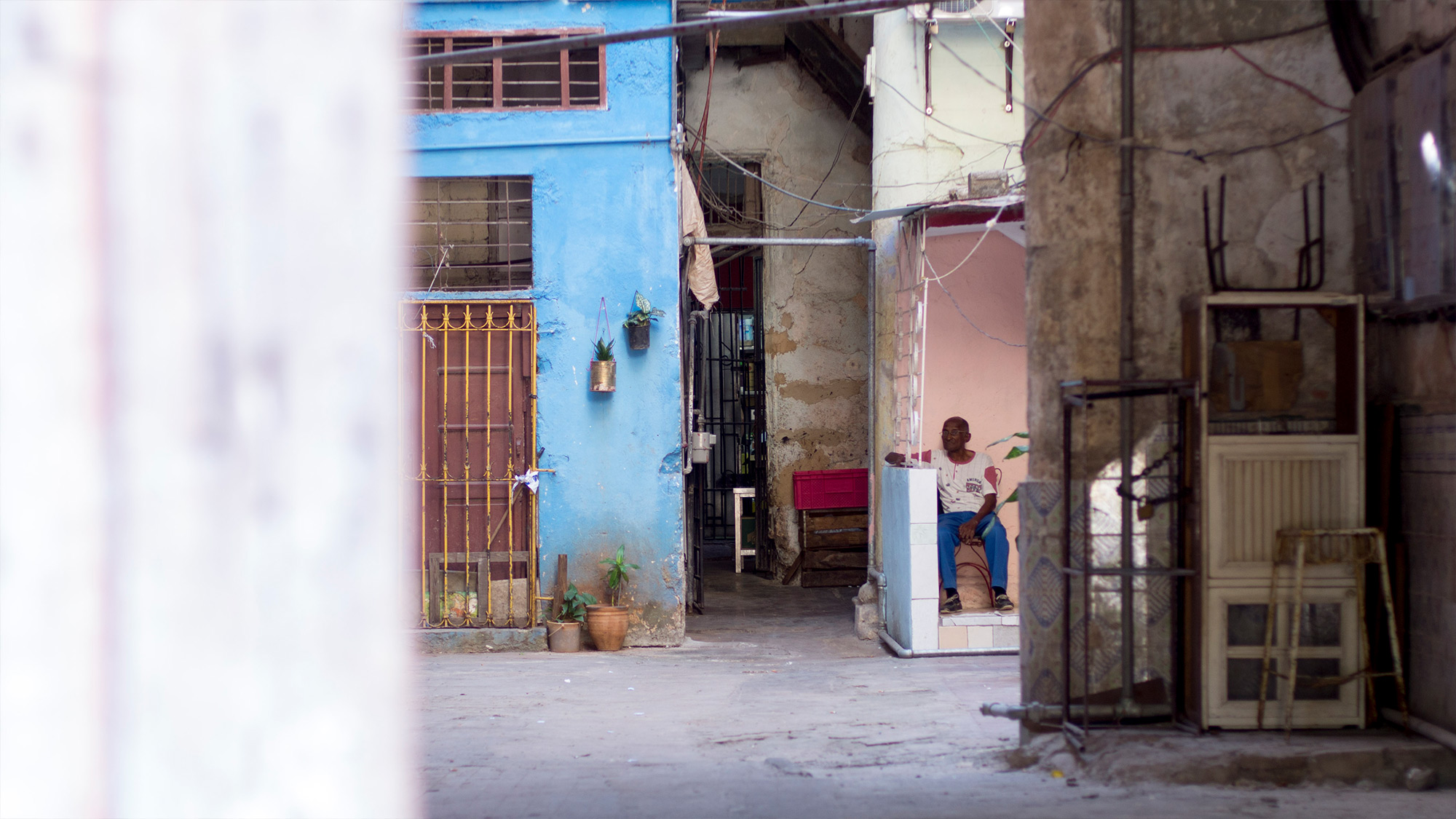
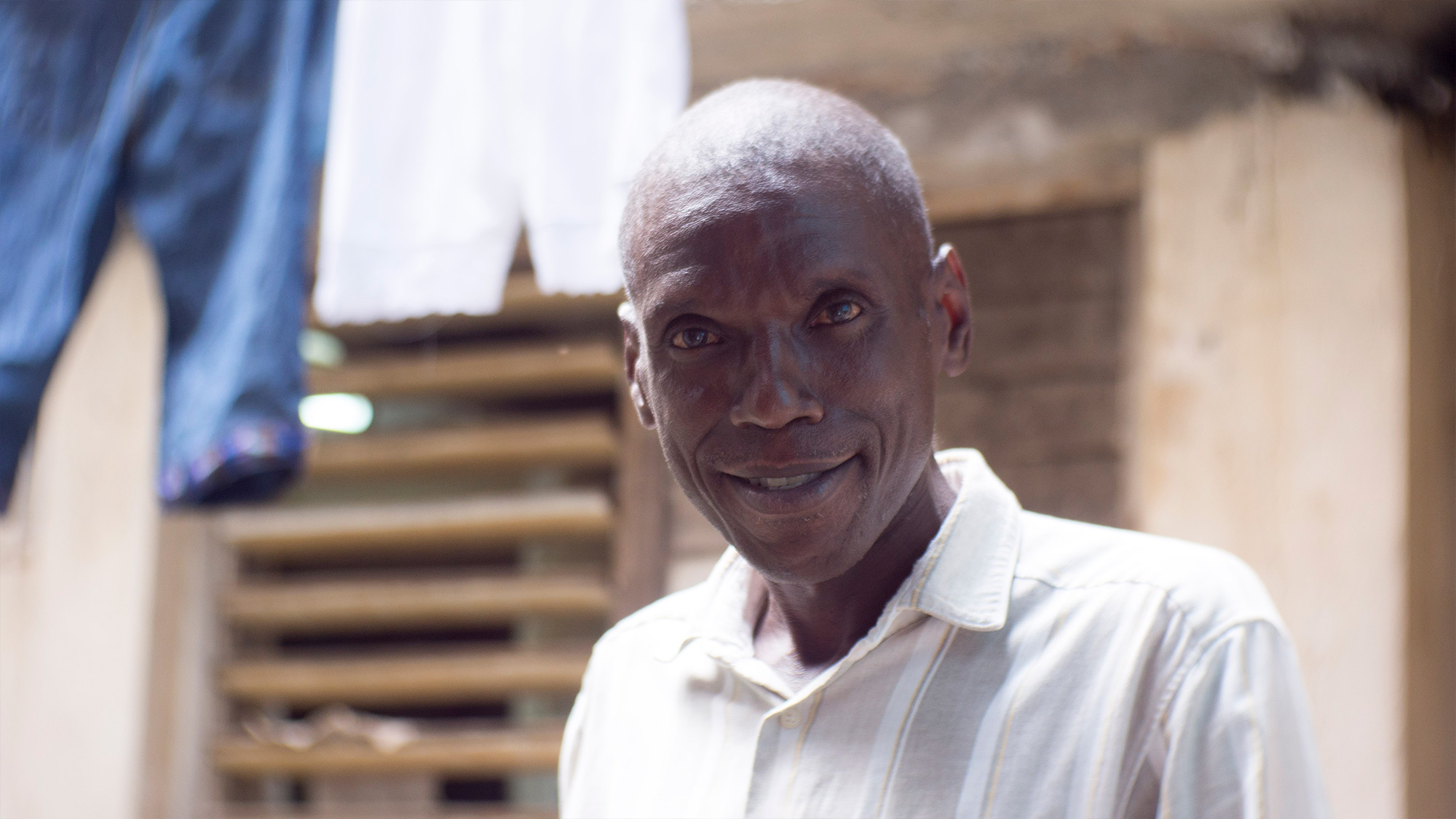
Nelson, a teacher from Ghana, says he wants to leave Cuba, but he is paying for his mistakes. At a young age, he entered into a contract with the Cuban government, and now he is stranded.
At a wage of $15 USD a month, he makes more than the average Cuban — but Cuba has two economies. One for the local people, and one for the tourists, where the ratio is set on the U.S. dollar with a 1:1 exchange rate.
I bought him a mojito at a tourist restaurant — which he technically wasn’t allowed to enter — and it cost him $4 CUC. Essentially, $4 USD. Nearly 1/3 of his monthly earnings, on one alcoholic drink.
I don’t drink, and I didn’t want to spend that money on him, either — so he takes me to a speakeasy. It wasn’t as romantic as it might sound. We wandered through narrow alleyways of dense apartment complexes until we literally ended up in the doorway of someone’s home.
A giant vat of moonshine sat in an industrial container, with local drunks wandering in and out to fill their vessels. Each cup cost 5 Cuban pesos , or CUP, with 25 CUP equaling 1 CUC.
Cubans who work in the tourist industry get paid CUC. A taxi driver can make Nelson’s entire wage in one ride.
For those who don’t work in tourism, alcohol is reserved for these types of places, as the growing wealth gap leaves them behind. To be a teacher in Cuba — or even a doctor — may be respectable, but it is far from profitable.
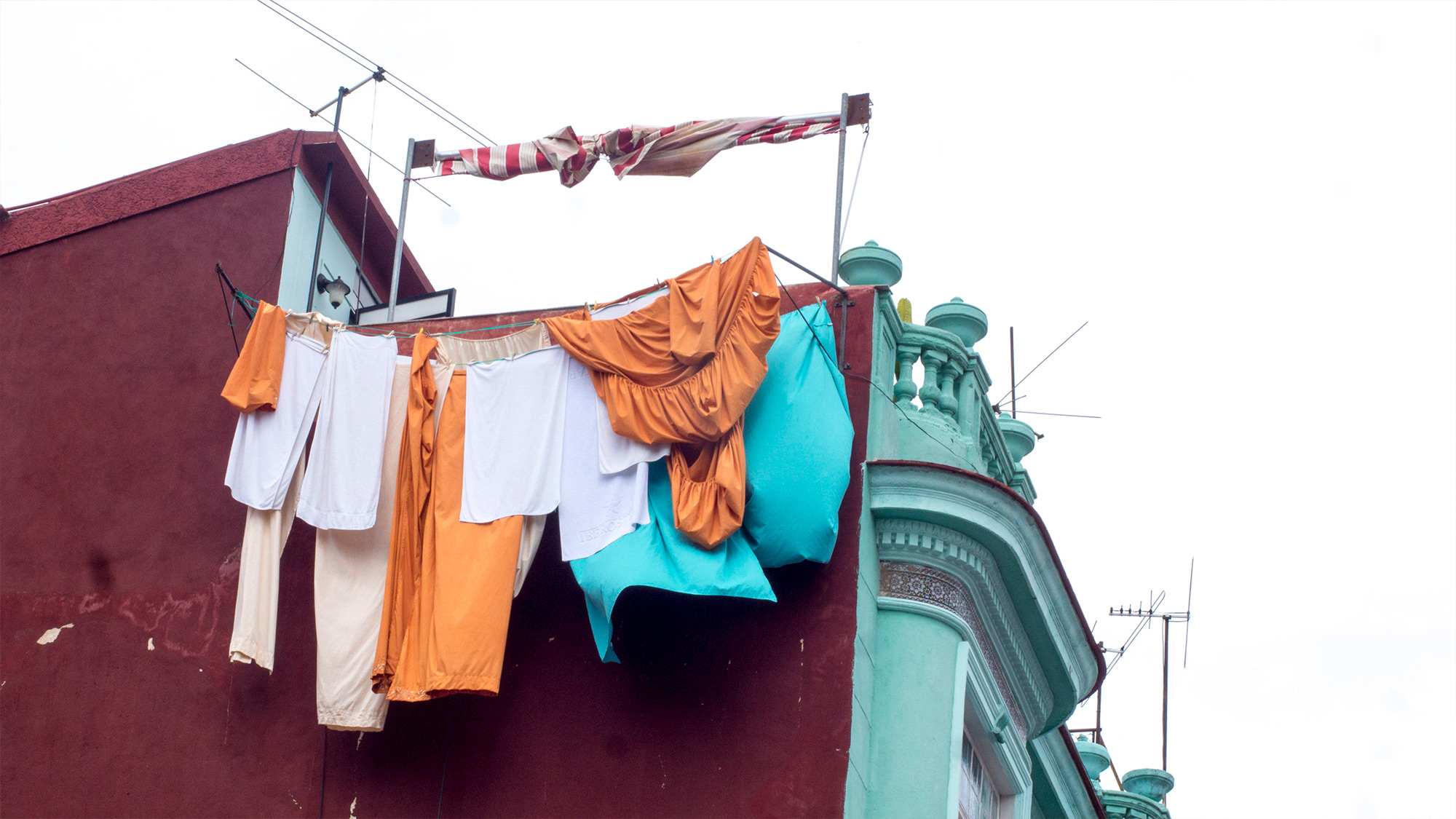
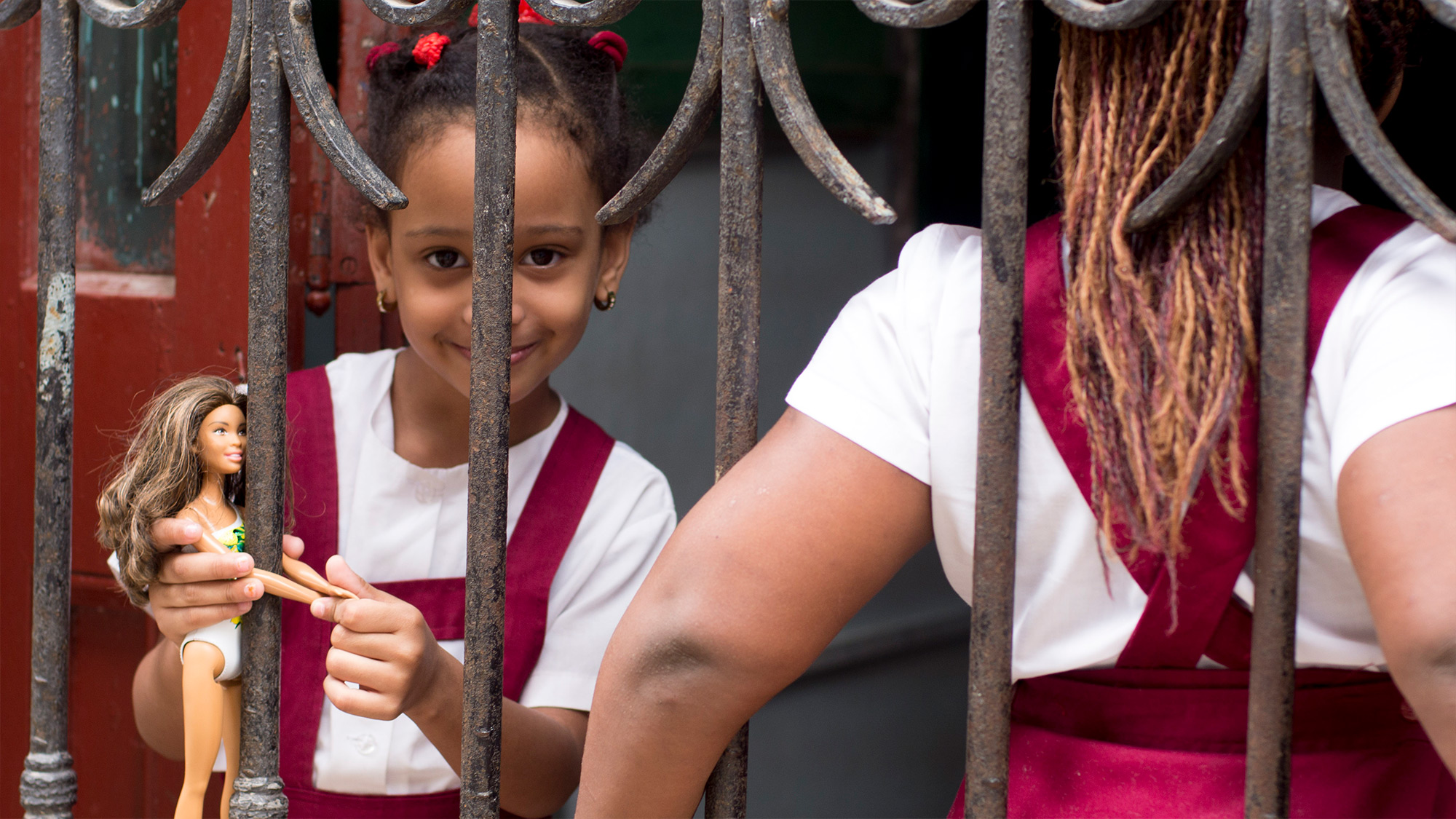
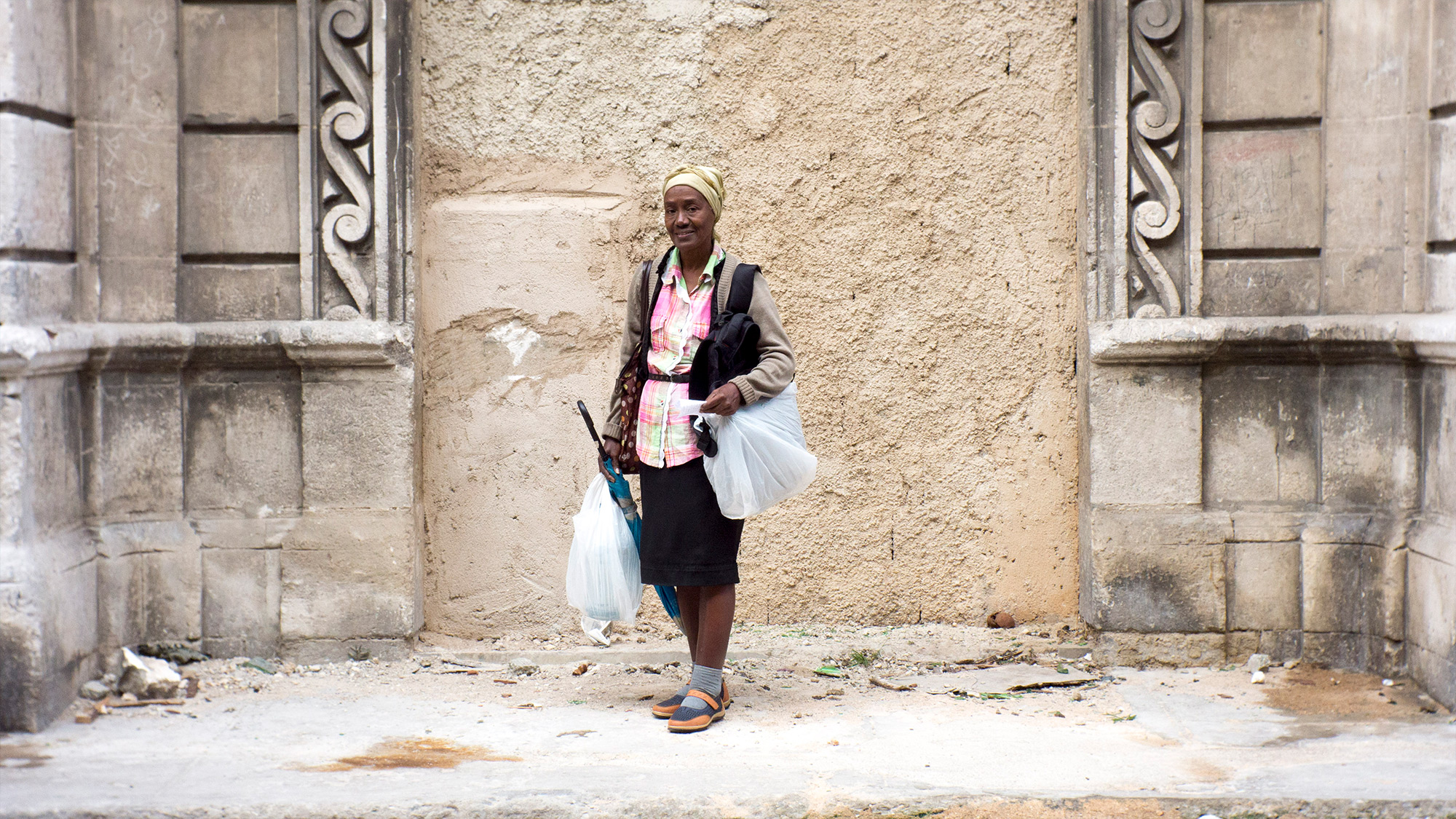
I meet Berta outside of this paved-over wall — the site of her former home. She claims the government had sealed the entrance one day and forbade her and her son from entering. She had no choice but to stay at the Nigerian embassy.
We don’t see eye-to-eye on everything, though.
Communism is evil, she says, because it promotes gays and prostitution. And it surprisingly does seem true that the government promotes such things, and quite a number of transgendered folks could be seen around town. Even a thriving drag scene existed.
Berta, like Nelson, is also a teacher. Like Nelson, she also speaks extensively about how racist Cuban society is to the dark-skinned.
In his drunken state, Nelson had ranted.
“Cubans don’t fight!” he screamed. “Africans fight!”
Berta was not quite as enraged — though she also wasn’t drunk — but she, too, stressed that the Cubans are lulled into complacency and doing exactly what the government wanted, quietly accepting everything terrible and subtly oppressive.
After we meet this morning, I begin seeing her around town. Havana is smaller than it seems.
